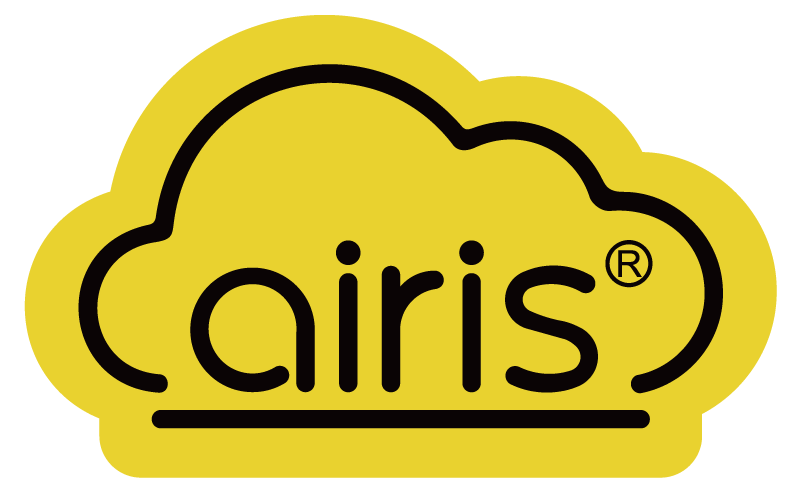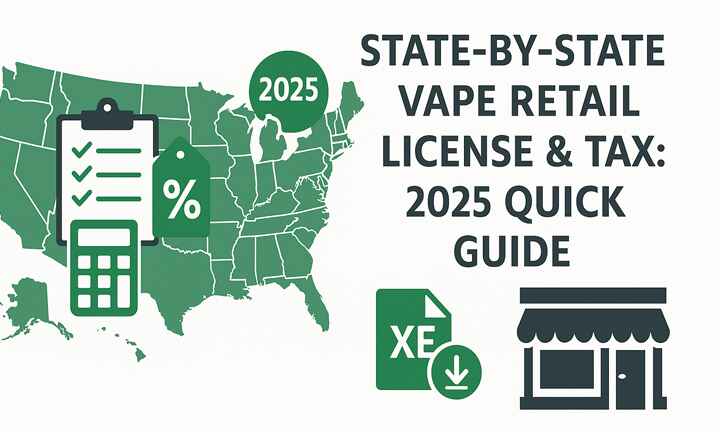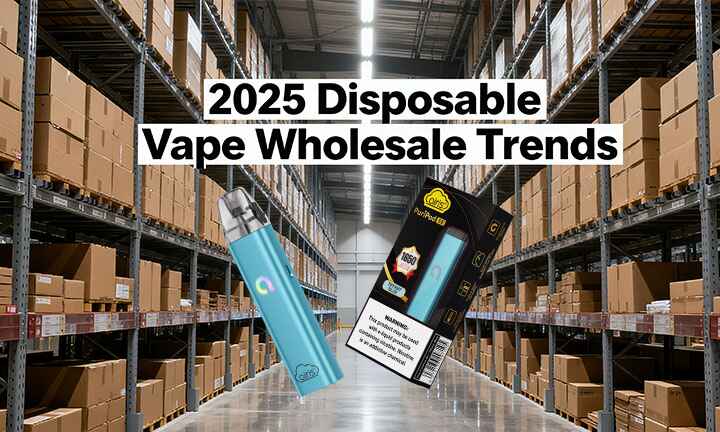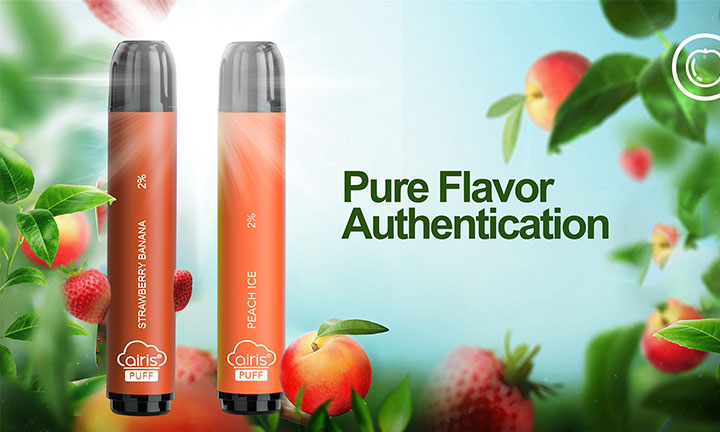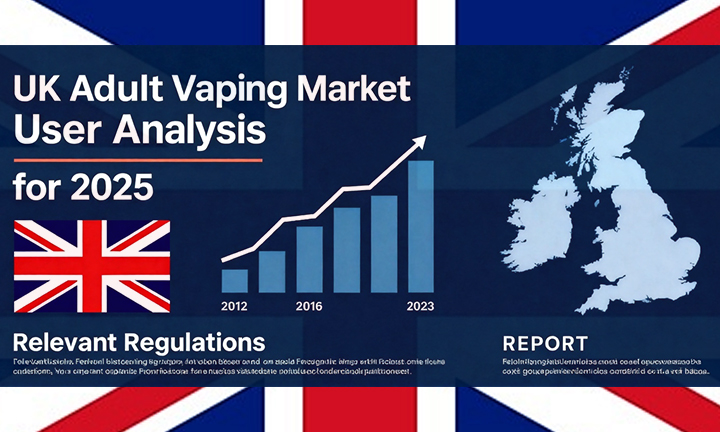WARNING:This product contains nicotine.Nicotine is an addictive chemical.
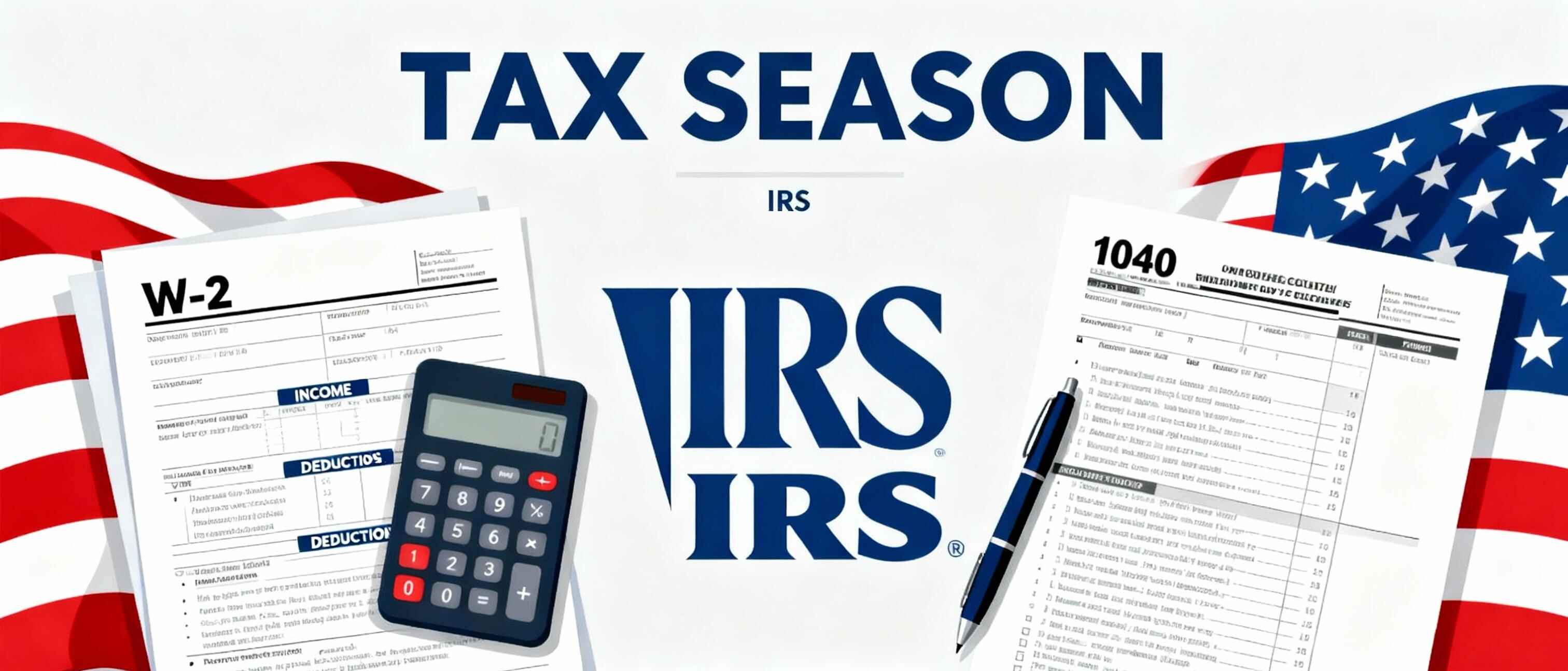
The U.S. vaping market in 2025 is defined not only by innovation and flavor diversity but also by taxation. As of this year, more than 30 states impose vape-specific excise taxes. For distributors, wholesalers, and retailers, these taxes are no longer just a compliance concern—they’re a core business variable that directly shapes pricing, margins, and inventory decisions.
Why Vape Taxes Are Now a Business Priority
From California to Maine, vape excise taxes continue to expand in both scope and rate. States that previously had no taxes—like Tennessee and Alabama—are joining the list, while high-tax jurisdictions such as Minnesota and Vermont maintain rates as high as 95%. For vape businesses, understanding this patchwork of taxation is crucial to maintaining competitive pricing and sustainable profit margins.
How Vape Taxes Affect Your Bottom Line
- Product Pricing: A 30% wholesale tax can erase your standard profit margin if pricing models don’t account for local tax impact.
- Inventory Strategy: Stocking inventory in lower-tax states can improve multi-state logistics efficiency and protect margins.
- Cross-State Sales: Online and B2B sellers must calculate destination-based excise tax to avoid non-compliance penalties.
- Consumer Behavior: High-tax states see stronger demand for disposables or cross-border purchasing, while low-tax states attract more refillable product buyers.
Understanding Vape Tax Models
Vape taxes vary widely across the U.S., and understanding the models helps businesses forecast costs and pricing adjustments. Here are the most common structures:
- Percentage of Wholesale Price: The most common structure, ranging from 15% to 95%. This directly increases B2B purchase costs and affects retail markups.
- Per-Milliliter (mL) Tax: A flat charge (e.g., $0.05–$0.15 per mL) that disproportionately impacts large refill bottles and high-volume disposables.
- Retail Percentage Tax: A minority of states (e.g., New York, Maryland) apply 10–20% directly to retail sales.
- Hybrid Tax Systems: Some states apply mixed methods (e.g., Connecticut: $0.40/mL on pods + 10% wholesale on bottled liquids).
2025 Vape Tax Rates by State
The following table provides a comprehensive view of current vape excise taxes by state, including effective dates and key notes. Data compiled from the Public Health Law Center (PHLC), Tax Foundation, and Vaping360.
| Jurisdiction | Excise Tax | Effective Date | Tax Structure / Notes |
|---|---|---|---|
| Alabama | No | – | Scheduled: $0.10/mL effective Oct 1, 2026 (Act 2025-377). |
| Alaska | No | – | No state tax; local taxes 45–55% (Anchorage, Juneau, etc.). |
| California | Yes | 2022-07-01 | Wholesale % + 12.5% retail tax (including online). |
| Colorado | Yes | 2022-01-01 | % wholesale; increases to 62% by 2027. |
| Connecticut | Yes | 2019-10-01 | Closed: $0.40/mL; Open: 10% wholesale. |
| Delaware | Yes | 2018-01-01 | $0.05/mL (nicotine). |
| District of Columbia | Yes | 2015-10-01 | % wholesale (indexed; ~79%). |
| Georgia | Yes | 2021-01-01 | Closed: $0.05/mL; Open: 7% wholesale; non-nicotine included. |
| Hawaii | Yes | 2023-07-01 | 70% wholesale (all products). |
| Illinois | Yes | 2019-07-01 | % wholesale (expanded 2025). |
| Indiana | Yes | 2022-07-01 | 15% retail; +15% wholesale on closed systems. |
| Kentucky | Yes | 2020-08-01 | Open: 15% wholesale; Closed: $1.50/unit. |
| Maine | Yes | 2020-01-02 | 43% wholesale (all vapor). |
| Maryland | Yes | 2021-05-30 | Open: 20% retail; Pods <5mL: 60% + Montgomery County 30% surcharge. |
| Massachusetts | Yes | 2020-06-01 | 75% wholesale. |
| Minnesota | Yes | 2010-08-01 | 95% wholesale (nicotine). |
| Nevada | Yes | 2020-01-01 | 30% wholesale. |
| New Hampshire | Yes | 2020-01-01 | Open: 8% wholesale; Closed: $0.30/mL. |
| New Jersey | Yes | 2019-11-01 | Bottled: 30% retail; Closed: $0.30/mL; Devices: 30% wholesale. |
| New Mexico | Yes | 2019-07-01 | Bottled: 12.5% wholesale; <5mL pods: $0.50/unit. |
| New York | Yes | 2019-12-01 | 20% retail (all vapor). |
| North Carolina | Yes | 2016-07-26 | $0.05/mL (nicotine). |
| Ohio | Yes | 2019-10-01 | $0.10/mL (nicotine). |
| Oregon | Yes | 2021-01-01 | 65% wholesale (non-cannabis). |
| Pennsylvania | Yes | 2016-10-01 | 40% wholesale (devices included). |
| Rhode Island | Yes | 2025-01-01 | Open: 10% wholesale; Closed: $0.50/mL. |
| Tennessee | Yes | 2025-07-01 | 10% wholesale (new law 2025). |
| Utah | Yes | 2020-07-01 | 56% wholesale. |
| Vermont | Yes | 2019-07-01 | 92% wholesale. |
| Virginia | Yes | 2020-07-01 | $0.11/mL (nicotine). |
| Washington | Yes | 2019-10-01 | <5mL: $0.27/mL; ≥5mL: $0.09/mL. |
| West Virginia | Yes | 2016-07-01 | $0.075/mL. |
| Wisconsin | Yes | 2019-10-01 | $0.05/mL (closed systems). |
| Wyoming | Yes | 2020-07-01 | 15% wholesale. |
Strategic Insights for Vape Distributors and Retailers
- Optimize Distribution: Base warehouses or fulfillment centers in lower-tax states to balance shipping cost and tax burden.
- Adjust Packaging: Consider smaller bottle sizes or modular pods to mitigate per-mL tax exposure.
- Dynamic Pricing: Use pricing software or API-integrated tax calculators to adjust prices by destination state.
- Stay Compliant: Review labeling, tax reporting, and registration rules via each state’s Department of Revenue. Non-compliance fines can outweigh tax savings.
Related Resources from Airis Vape
- Vape Retail License & Tax by State (2025) + Free Templates
- How to Choose a Reliable Vape OEM/ODM Factory: A Distributor’s Guide
- 2025 Global Disposable Vape Wholesale Trends: A Complete Guide for Distributors
Last updated: November 5, 2025. Data sources: PHLC, Tax Foundation, Vaping360, and state revenue departments.
